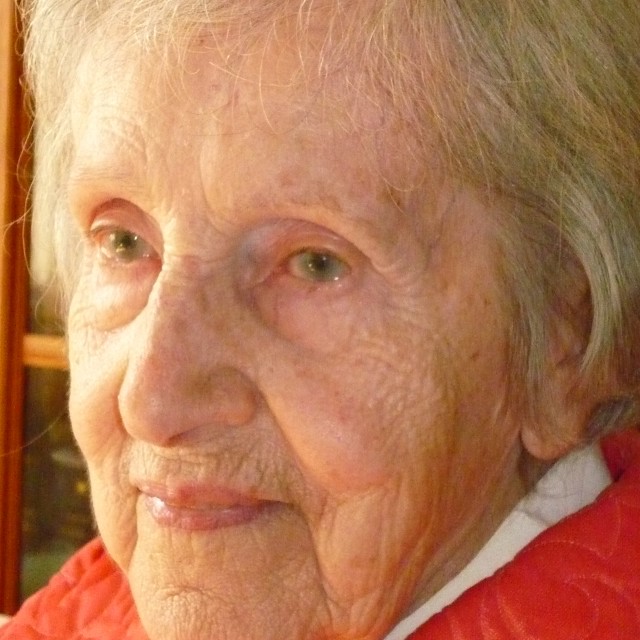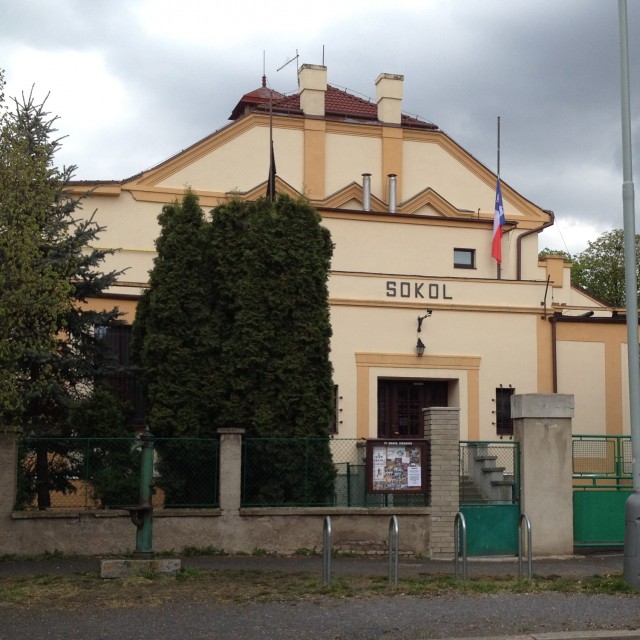She was hiding a radio transmitter under potatoes
Libuše Nachtmann carried a shopping bag through Protectorate Prague, which she collected at the Mandíks in Pankrác. Potatoes were on top and underneath were parts of a radio transmitter, which she was well aware of. The girl also carried the device to the Jinonický akcíz. She was lucky, on the ill-fated day of October 3rd, 1941, she had a different task: “A different girl carried the transmitter there on that day. It was a mistake to broadcast several times from one place. We didn’t usually do that. We always took the transmitter apart and moved to a different place. A broadcast also took place at the Mandíks a few times,” Libuše Nachtmannová recounts, who, during her time in the resistance movement, also gave cover to resistance fighters, whose life was in peril. She had the following strategy: she caught the man by his arm and that is how, by pretending to be a couple, they walked through Prague to a different hiding place. But the Gestapo revealed her. Torturing and imprisonment in a concentration camp followed.
Hodnocení
Abyste mohli hodnotit musíte se přihlásit!
Trasy
Příběh není součastí žádné trasy.
Komentáře

Libuse Nachtmannova
Libuše Nachtmannová, born Marianová, was born on January 9, 1919, in Roudnice nad Labem. She went to elementary and grammar school in Roudnice nad Labem, where she passed her school leaving exam in 1938. She was in the Scout and Sokol youth organizations. In September 1938 she started her university studies in the field of pharmaceutics in Prague, but had to interrupt her studies in the fall of 1939, when the universities were closed down. After that she worked in Prague in a German company. In 1939, she was invited to join the underground resistance movement Defense of the Nation (DN). Her task was to organize the transfer of radios and their operators to new places. She also accompanied members of the DN who were fleeing from Czechoslovakia. Libuše Nachtmannová was arrested in a counterstrike of the Gestapo at the DN in October 1941, in which the DN was crushed. After several interrogations she was sent to the concentration camp Ravensbrück, where she stayed till the end of the war. She was on the so-called death march, from which she managed to escape. After the war she got married and had a son. She also managed to finish her pharmaceutics studies and since 1949 till her retirement worked in the Research institute for plant processing in Prague-Ruzyně.




